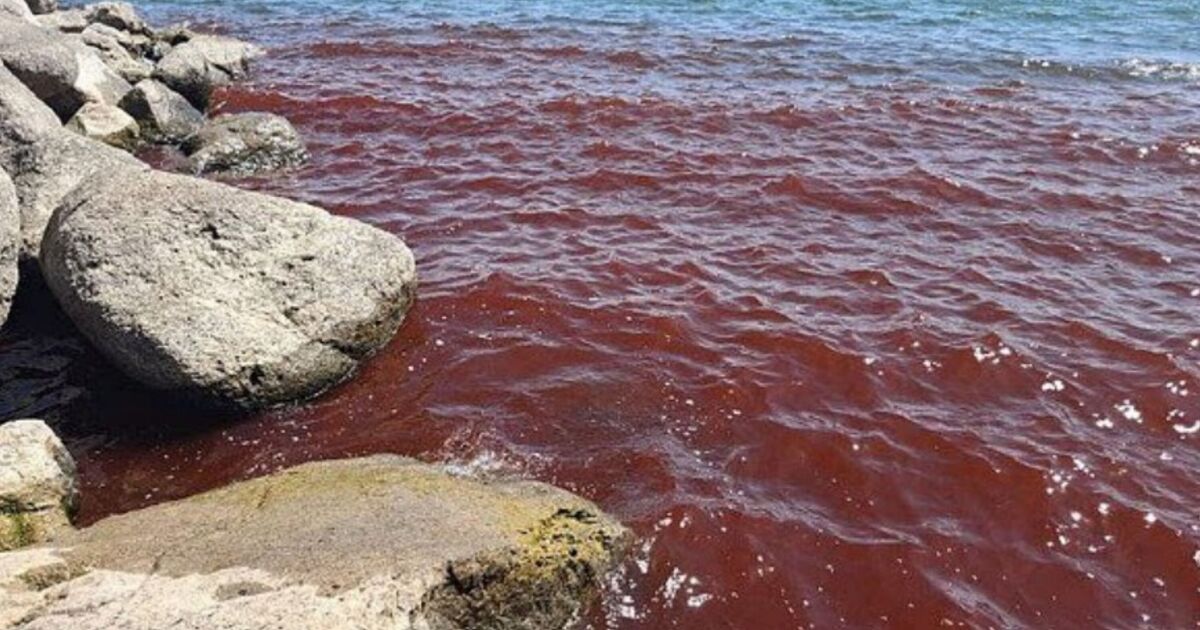Onlookers recently observed a scene at the Sea of Galilee that could have been out of the Bible, with some declaring it a “bad omen.”
The body of water seemed to turn blood red, with visitors comparing the scene to one of the plagues God inflicted on the Egyptians in the book of Exodus. The passage tells of the Red Sea, when God turned the Nile red after Moses struck it with his staff.
Some historians believe the phenomenon of the Red Sea could have been caused by natural events, and the recent scene in Israel’s Sea of Galilee could offer further explanation.
The event was shared multiple times on social media. Many said the red waters could be a sign of the end times, but scientists have a different reasoning.
The red hue was actually caused by algae, Israel’s environmental ministry said. The algae is originally green, but it turns red when exposed to intense bouts of sunlight, warm temperatures and nutrient-rich water.
The algae are harmless and nontoxic. Tests were done to ensure the water is still safe for swimming, Israeli officials said.
Scientists have also theorized the story of the Moses parting the Red Sea could be explained.
The hypothesis gains support from computer simulations, which show that winds blowing at 62 miles per hour (100 km/h) from an exact angle could create a 3-mile-wide passage through the waters.
As the wind strength diminished, the waters would have surged back with tsunami-like force, potentially engulfing the Egyptian forces burdened by heavy chariots and gear.
Oceanographer Carl Drews from the National Center for Atmospheric Research shared with MailOnline: “The crossing of the Red Sea is a supernatural phenomenon that incorporates a natural component – the miracle is in the timing.”
Dr. Bruce Parker, the former chief scientist at the National Oceanic and Atmospheric Administration, argued that the prophet might have harnessed his tide knowledge to exit Egypt. The Bible itself supports this view, stating: “The Lord caused the sea to go by a strong east wind all that night and made the sea into dry and the waters were divided.”

